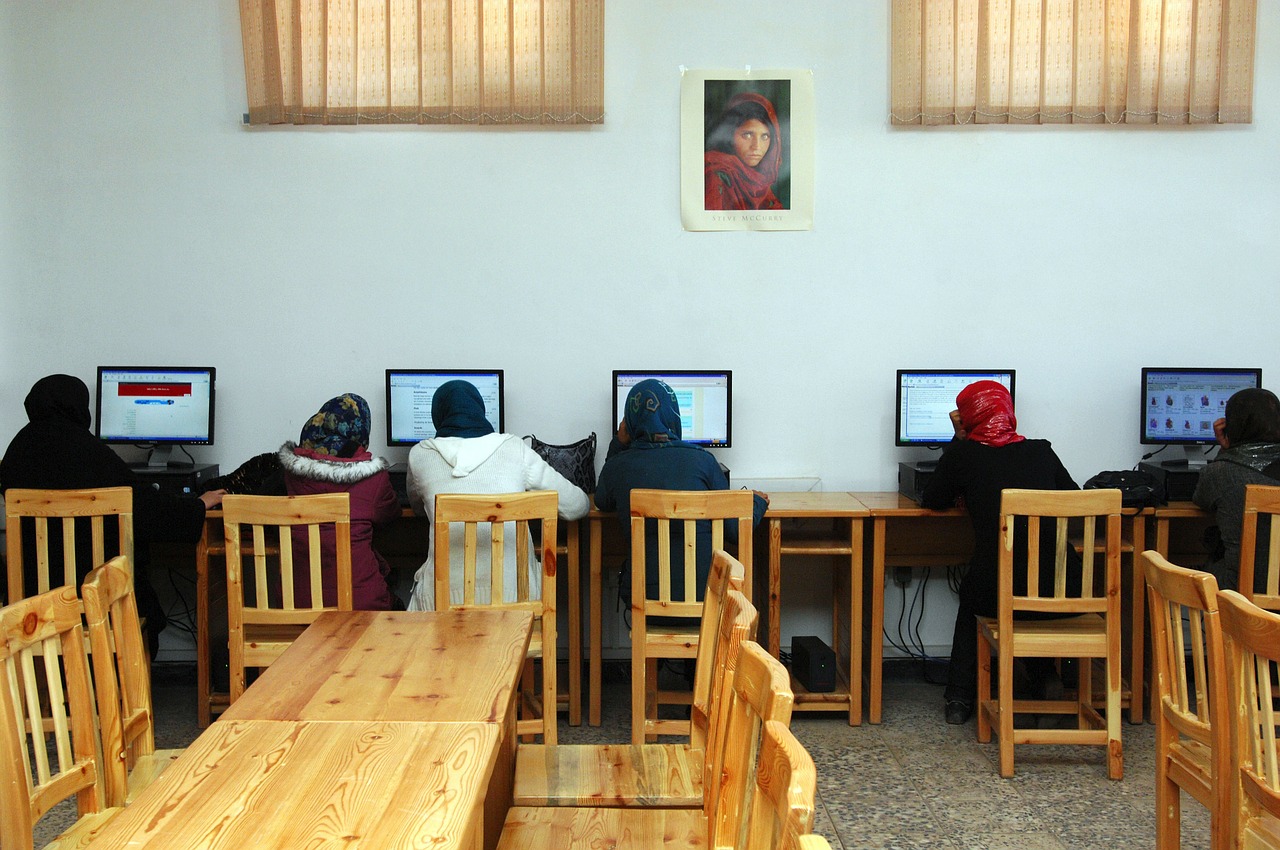As Afghanistan rebuilds after years of conflict, a new wave of young, ambitious Afghans are slowly but surely revitalizing the country’s tech sector, but they’re not doing it alone. Startup Grind Afghanistan is one of a number of organizations dedicated to supporting the next generation of forward-thinking Afghan entrepreneurs and ensuring they have the tools, knowledge, and connections they need to succeed.
As a result of this help, the future is looking brighter than ever for Afghanistan-based startups. Read on to learn more.
What is Startup Grind Afghanistan?
 Startup Grind Afghanistan is a member of a global startup community known as Startup Grind, which is a connected network of vibrant new startups. Powered by Google for Entrepreneurs, Startup Grind was created with a mission to educate, inspire, and connect entrepreneurs around the world.
Startup Grind Afghanistan is a member of a global startup community known as Startup Grind, which is a connected network of vibrant new startups. Powered by Google for Entrepreneurs, Startup Grind was created with a mission to educate, inspire, and connect entrepreneurs around the world.
In support of this goal, the organization hosts regular events in more than 250 cities. These events bring the personal stories, life lessons, and knowledge of successful founders, innovators, educators, and investors to emerging entrepreneurs who are just starting out on their own paths to success.
Driven by the values of connecting, giving back, and helping others before helping yourself, Startup Grind now has local chapters in 350 cities worldwide. It has supported the startup journeys of more than one million entrepreneurs.
Startup Grind Afghanistan, also called Startup Grind Kabul, is Afghanistan’s local Startup Grind Chapter. It was launched by Ahmad Fahim Didar, the CEO and founder of Aghaez Consulting Group, who is passionate about entrepreneurship because it allows individuals and groups to create businesses that truly reflect their values.
Didar first conceived the idea of launching a Kabul chapter of Startup Grind in 2014. In August of that year, he contacted Startup Grind’s founder and CEO and applied to be a Startup Grind local director. Although his application was accepted, Didar wasn’t quite ready to commit at that time given Afghanistan’s tense political and economic environment. A year later, however, he dedicated himself to building a startup community in Afghanistan, and Startup Grind Afghanistan/Kabul was born.
How does Startup Grind Afghanistan support entrepreneurs?

Startup Grind Afghanistan is working to build a thriving startup community in Afghanistan by showing young people that entrepreneurship is not only possible, but is a viable career choice and way of life. By sharing stories of successful entrepreneurs and providing support and tools, Ahmad Fahim Didar and Startup Grind Afghanistan want to encourage young Afghan graduates to be proactive about their own futures and the role they can play in rebuilding and revitalizing their country.
As Didar has said in previous interviews, changing young people’s mindsets from “the government needs to create jobs for Afghans” to “what can I do to create jobs at the micro level?” is one of Startup Grind Afghanistan’s most important endeavors.
Practically speaking, Startup Grind Afghanistan also offers regular events, networking opportunities, and other resources, tools, and support to emerging entrepreneurs and startups. For example, at the Startup Grind launch event, participants attended information sessions on topics covering everything from how to make the leap from having an idea to starting a company, to the benefits of working with a mentor, to practical ideas for securing startup financing.
In addition, Startup Grind Afghanistan’s regular speaker series, held on a monthly or bi-monthly basis since early 2016, features presentations from some of Afghanistan’s most successful entrepreneurs and business leaders. These include Farshid Gyashi, the founder of Afghanistan’s largest job website.
What do Afghan startups need and what are some of their biggest challenges?
According to Didar, the most important thing that Afghan startups need right now is inspiration and awareness. Entrepreneurs need to believe that they can succeed and attain a higher profile within the startup community, both locally and internationally. Didar also believes that facilities—like incubator and accelerator hubs and co-working spaces—are essential for giving startups not only the physical space they need to create and develop their ideas, but also the connection and support of a community of their peers.
The need for facilities links naturally to the question of the challenges faced by Afghan startups. Of these, a lack of resources for larger-scale initiatives like incubator centers and co-working facilities is one of the biggest. It should be mentioned here that a few of these facilities do currently exist. They include the DAFTAR co-working space, Afghanistan’s first ever co-working facility established by the Afghanistan Center for Excellence, and the Ibtikaar tech incubation center.
However, Didar believes many more facilities are needed to help grow the Afghan startup community, particularly in areas outside Kabul. Other challenges that affect Afghan entrepreneurs include a lack of formal government support for startups, as well as a lack of clarity in government rules and regulations, especially when it comes to taxation.

